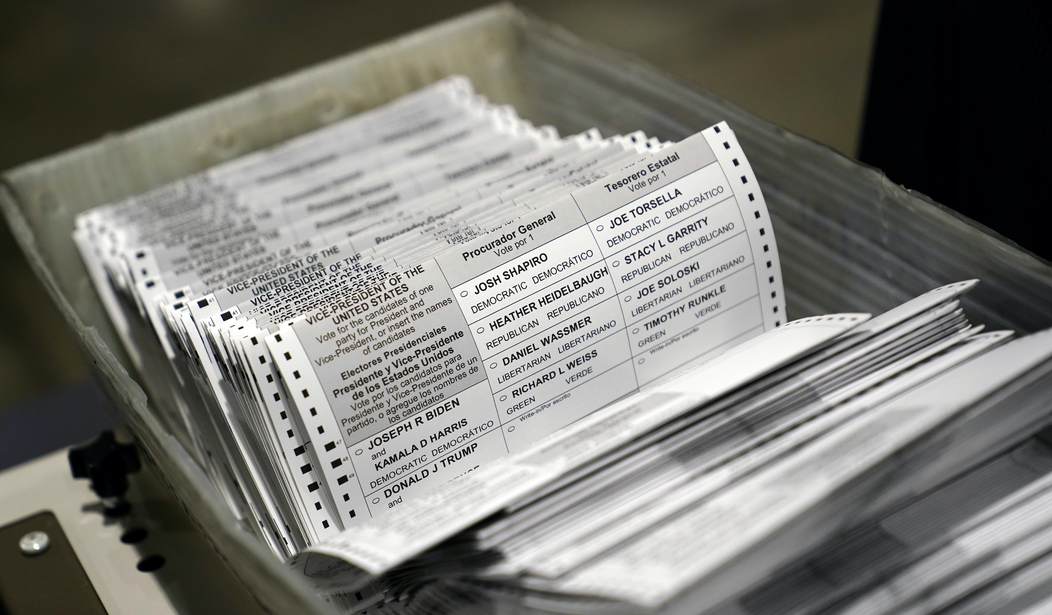The United States Court of Appeals for the Eighth Circuit ruled on Thursday that Minnesota absentee ballots must be received by 8 p.m. on election day (Nov 3) to be counted.
Under Minnesota law, election officials can only count ballots received by election day. But Democrat Minnesota Secretary of State Steve Simon entered into a consent decree, confirmed by a Minnesota state court, directing election officials to count absentee ballots received up to one week following election day. The decree was challenged in court and determined on Thursday to be in likely violation of the U.S. Constitution.
"On appeal, we conclude that [plaintiffs] have standing and that the extension of the deadline likely violates Article II, Section 1 of the Constitution because the Secretary extended the deadline for receipt of ballots without legislative authorization," the court's opinion reads. "We therefore reverse the district court’s denial of a preliminary injunction, and remand to the district court to enter an injunction requiring the Secretary and those under his direction to identify, segregate, and otherwise maintain and preserve all absentee ballots received after the deadlines set forth in Minn. Stat. § 203B.08, subd. 3."
In September, Project Veritas exposed a ballot harvesting scheme involving absentee ballots in Minnesota
The Project Veritas video shows ballot harvester Liban Mohamed speaking in both English and Somali as he drives around collecting ballots from senior citizens and immigrants. According to Omar Jamal, chair of the Somali Watchdog Group, people like Liban Mohamed are paid to collect absentee ballots from senior citizens and the immigrant community. Jamal outlines a ballot harvesting scheme conducted on behalf of Minnesota's Democratic-Farmer-Labor Party, in which Rep. Omar has become a major power broker. One source in the report linked Ilhan Omar's campaign manager, Ali Isse Gainey, to the alleged harvesting scheme. Multiple people interviewed alleged that people received cash in exchange for voting.
Recommended
Minnesota law prohibits a person from paying somebody to vote or to register to vote. The crime is also punishable under federal law. Minnesota also has a statute against inducing or persuading somebody to vote for or against a candidate while transporting voters to the polls.
While Thursday's ruling won't do much to curb illegal voting received on or before election day, it will deny ballot harvesting organizations, like the one uncovered by Project Veritas, the post-election opportunity to further steal the election for the Democrats.

























Join the conversation as a VIP Member